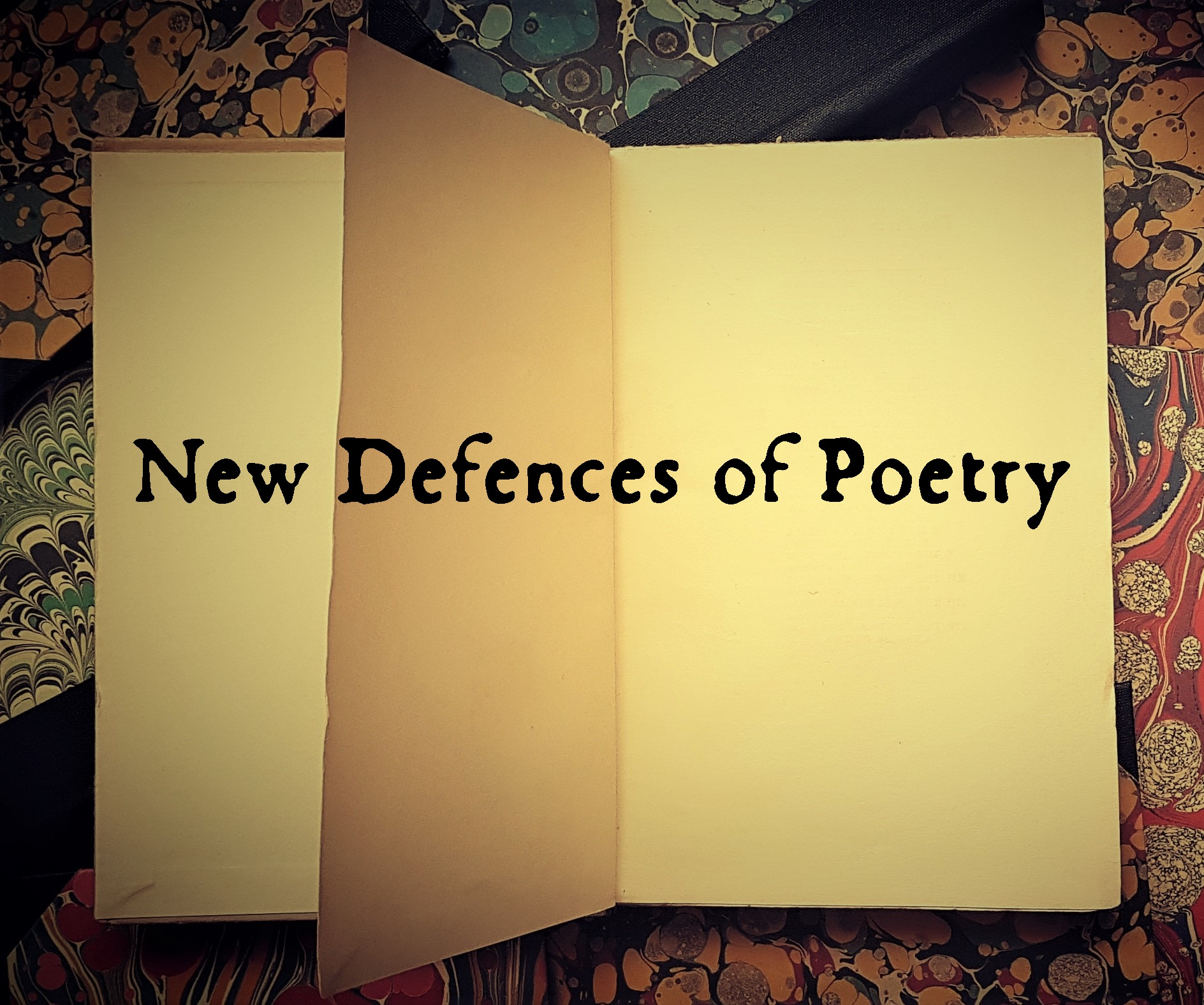Mona Arshi
An extra miracle, just as everything is extra:
what is unthinkable
is thinkable.
—Wisława Szymborska, tr. by Joanna Trzeciak
We thought we had buried the gods, or suffocated them, but lately I’ve seen their parts under fridge-light, and they are crawling all over my poems like little fugitives but also sunk deep in the back of other poets’ prayers. I think we are again invoking the gods because we are scared.
In 2003 I was involved in a case representing a number of refugee and child welfare NGOs. The Home Secretary, David Blunkett, had just passed the grizzliest piece of legislation I’d ever seen. The laws would effectively destitute asylum seekers who failed to claim asylum upon arrival to the UK. The Court of Appeal heard the evidence and quickly overturned the legislation noting that the Secretary of State couldn’t possibly have intended ‘that genuine refugees should be faced with the bleak alternatives of returning to persecution or of destitution’. Blunkett set the record straight the next morning in an interview, stating that he did indeed intend the consequences and that the courts were attempting to subvert the will of Parliament. If any of this sounds familiar it is because we are in all-too-familiar territory.
In 2016, in the year of our Brexit, the Oxford English Dictionary declared post-truth the word of the year; this year, 2018, the word of the year is toxic. Language can do magic. One minute we are citizens, the next our citizenship is conditional and contingent, with strings attached. You don’t need to go further than the post-Brexit Theresa May speech where she throws down the gauntlet: there is no such thing as a citizen of the world, she said; ‘if you believe you are a citizen of the world, you are a citizen of nowhere’. Citizenship should surely be based on one value, the intrinsic dignity of the person, but in an age of reinvigorated nationalism, what does citizenship and belonging mean? The other thing up for grabs (though it was never really securely fastened to the table in the first place) is migrant rights. The refugee has become, as Edward Said foretold, ‘a potent … motif of modern culture’. The migrant represents everything that a right-wing ideology despises. It celebrates the ambiguous, the hyphenated identity that is complex and subject to mutation.
Teju Cole, in a talk given in October 2017 called ‘After Mediocrity’, spoke of the role of the artist in the disaster, including the current disaster that is the state of US politics (he noted that ‘the disaster is here, but it is not evenly distributed’). He spoke of the need to historicize if we wish to have possibilities of working in the intolerable. And if there is one thing history has taught us it’s that language can be deployed to otherize people and groups. A poem is not a human rights instrument or the pleadings in a court case, nor should it seek to be, but one activity that the human rights lawyer and poet share is the restless interrogation of language. What happens in the post-truth toxic waters, where language in politics becomes untethered from critical reason? Poetry needs to continue to strive to make space for itself and think the unthinkable, the unimaginable on the page.
We know, too, that poems are not intrinsically good moral creatures; they can have ambiguously moral features or they can propagandize for repugnant ideologies. What can poetry offer as we veer from crisis to disaster? For me it’s been a recognition that alongside the degradation of language there is also a further degradation: the rupture of empathy, which can lead to the bleak realization that the inviolable dignity of the human is loosening ever more from the table. Poems can’t negate these harms, but the practice of subtlety, gesturing toward the contingent and against the flattening out of language, and the passing on of a prayer in the midst of the inferno, is my attempt to do so.
This piece was originally published on December 17th 2018 on Harriet Books’s Blog for the Poetry Foundation, to coincide with the publication of two of Mona Arshi’s poems in Poetry Magazine (Dec 2018).
Mona Arshi is a poet and human rights lawyer. She won the Forward Prize for Best First Collection with Small Hands (2015), and her second collection, Dear Big God, was published in 2019 (both from Pavilion Poetry).
